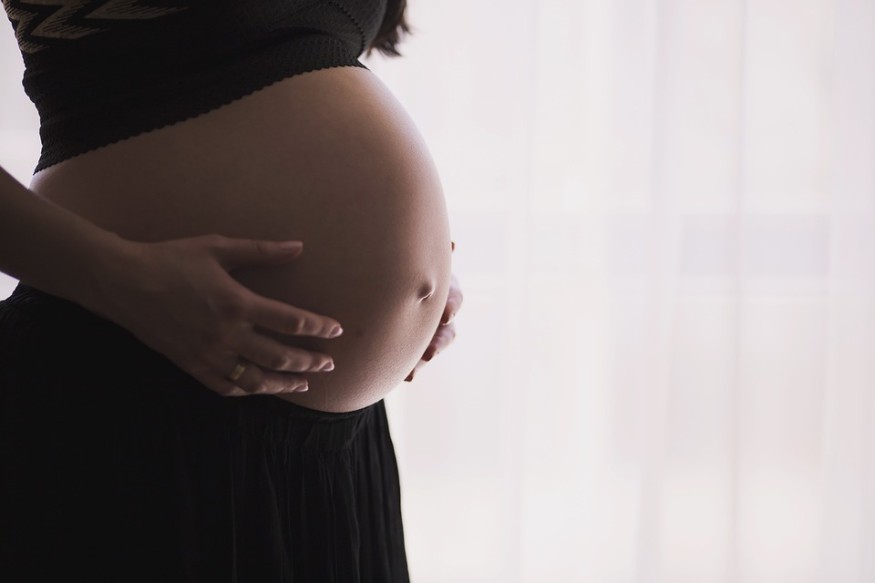
Stress in pregnancy could harm the brains of premature babies and put them in a higher risk of being diagnosed with anxiety, researchers have found.
Scientists surveyed 251 moms from infants brought into the world prematurely about their experience of distress, from moving house to deprivation, while they were expecting.
They discovered ladies who were progressively worried before or during pregnancy had babies whose white matter in the brain grown unexpectedly.
White matter comprises of 'tracts' made of fibers found in the deeper tissues of the cerebrum—which send messages between the various parts of the brain.
Modifications have been connected to anxiety, mental imbalance, OCD, and other temperament issues in children and grown-ups.
The research at King's College London discovered stress hormones such as cortisol arrive at the baby in the belly through the placenta and influence their development.
In any case, the researchers said further studies are expected to demonstrate whether the adjustments in the white matter could prompt unfriendly impacts on the children as they age.
The study said it is the first time stress in pregnancy on premature infants has been considered.
More than one out of ten infants are prematurely born around the world, as per figures. It is characterized as being conceived before the 37th week period of pregnancy.
In the study, the moms rounded out a survey about their encounters of pressure. Their infants were conceived somewhere between 23 and 33 weeks.
Distressing occasions varied from moving to another house to taking an exam to extreme stress like mourning, divorce, or separation.
Scholastics gave the mothers a seriousness score from zero to 270, in light of what number of stressors they encountered and how extreme they were.
At the point when the infants arrived at 37 weeks of age, the analysts utilized MRI sweeps to take a gander at the structure of the white issue in their mind.
Dr. Alexandra Lautarescu, the lead author of the study, explained that white matter adjusts in the infant's mind when mothers are stressed during their pregnancy and the time before giving birth.
Adjustments are found in the uncinate fasciculus tract, which associates the amygdala with the prefrontal cortex. It is likewise associated with a person's emotions and memory.
Strange structures of white matter have recently been connected with various mental issues, including chemical imbalance, anxiety, OCD, mood disorders, and anti-social behavior in multiple adults and children.
The researchers said the babies might absorb the mother's stress hormones and influence their hormone levels in the tummy.
Their study likewise supported the discoveries proposing that maternal cortisol can go through the placenta and that newborn child.
Also, the mothers who encountered stress during pregnancy show increased cortisol and norepinephrine, and low dopamine and serotonin levels.
Dopamine and serotonin are cerebrum substances that are frequently viewed as the 'happy hormones' because their absence is considered to assume a job in causing depression.
Having low levels at such an early and primary phase of life may influence mental health and prompt behavioral issues, the scientists said.
Dr. James Findon, a psychology lecturer in King's College London who was not a part of the study, told DailyMail that the investigation included the effect of pre-birth weight on posterity.
The investigation, nonetheless, didn't discover a connection between maternal tension and white issue structure. Findon added it is still hazy if the cerebrum changes among the babies would prompt harmful results.
Lautarescu and her team said this is likely despite the stress and anxiety triggers various inflammatory reactions, and encountering stress doesn't match with anxiety.
Meanwhile, the researchers noted that nobody is asking the pregnant women about the stress they are experiencing, and subsequently, they don't get any help.
The researchers underscored that if the loved ones would help these ladies either during the pregnancy or in the early post-natal period, it would be very much appreciated by pregnant mothers.
© 2025 NatureWorldNews.com All rights reserved. Do not reproduce without permission.





